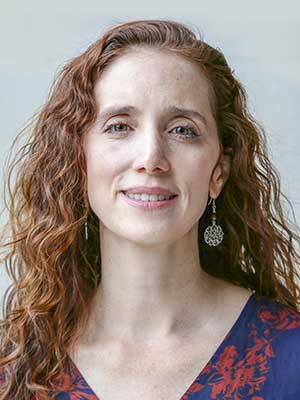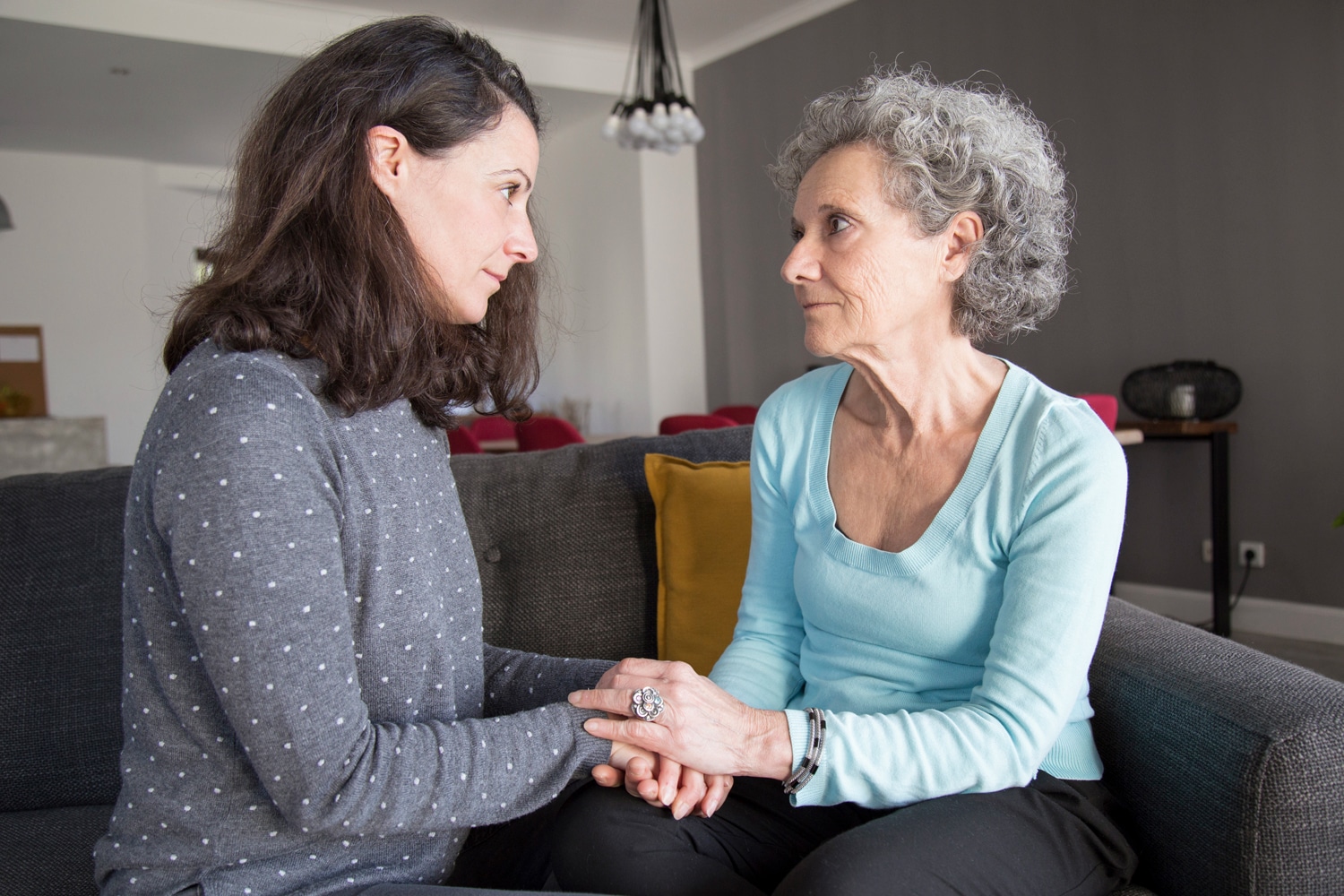
K.J. Bannan Photo by Suz Redfearn
EIGHTEEN MONTHS INTO WHAT WOULD BECOME 20 months of treatment, my mother, who was diagnosed with stage IV non-small cell lung cancer, turned to me and said she just wanted it to be over. She was tired of the endless failed needle sticks, crushing nausea from chemotherapy, and hours of waiting in infusion rooms. “I’m not sure how much longer I can do this. It’s no way to live,” she said.
It was the first time I heard my mom talk about wanting to stop
“When patients are initially diagnosed with cancer, they are overwhelmed with the diagnosis and the speed at which care is coming at them,” says Elizabeth T. Loggers, a medical oncologist who is the director for supportive and palliative care at Seattle Cancer Care Alliance and a researcher with the Fred Hutchinson Cancer Research Center. “It’s like a train that’s roaring down the track. Patients are on that train, and they don’t know who’s driving the train, where the train is headed, where they can get off, or how to best manage that ride. That often means they don’t have the opportunity to pause and reflect on what they really want.”
Caregivers can’t address these challenges on their own, but they can take inventory of the activities that make their loved one’s life enjoyable and explore how cancer and its treatment might impact those passions. For example, someone with a breast cancer diagnosis who loves playing the piano may discuss options for chemotherapy that are less likely to cause neuropathy in the hands, Loggers says. “Asking your oncologist whether any alternatives exist for your situation is reasonable,” she says.
Caregivers should not hesitate to remind health care professionals of patients’ personal goals, and to ask how likely it is that treatments will interfere with activities that bring meaning to patients’ lives. This includes discussions about treatment side effects, the impact of cancer and treatment on quality of life, associated costs and any financial assistance programs, if needed, Loggers says.
During these discussions, caregivers may not agree with their loved one’s treatment decisions. In these cases, Loggers recommends asking probing questions. “Spend time with the patient and—in a really curious, calm and nonjudgmental way—ask about the person’s reasoning,” Loggers says.
Caregivers may also want to look into talking to a therapist or joining a support group to help navigate their own feelings of sadness or anger. “The emotional toll of being a caregiver is difficult enough,” says Loggers. “When you get help managing these feelings, it allows you to be more present for the patient.”
Cancer Today magazine is free to cancer patients, survivors and caregivers who live in the U.S. Subscribe here to receive four issues per year.





